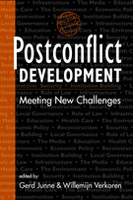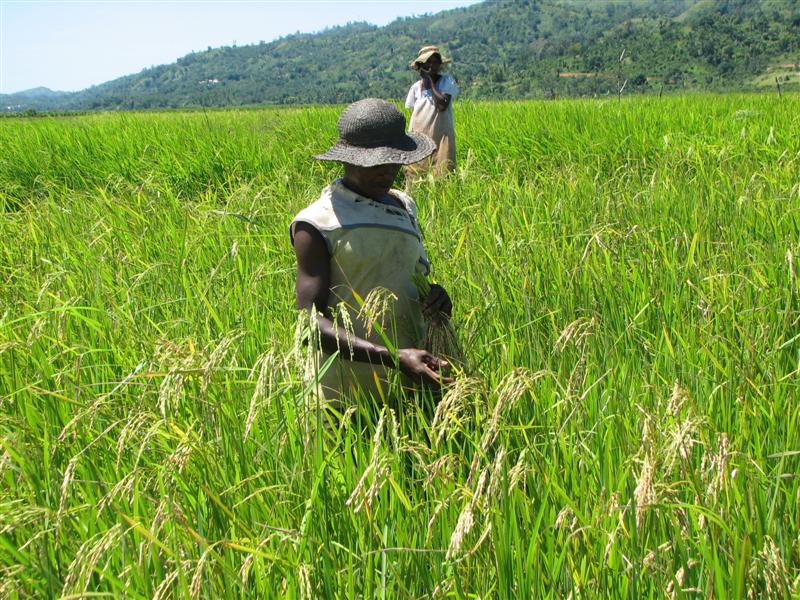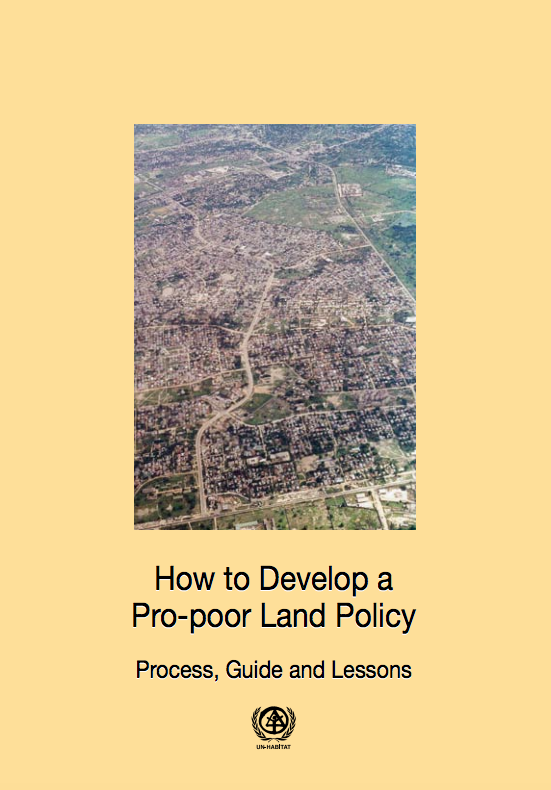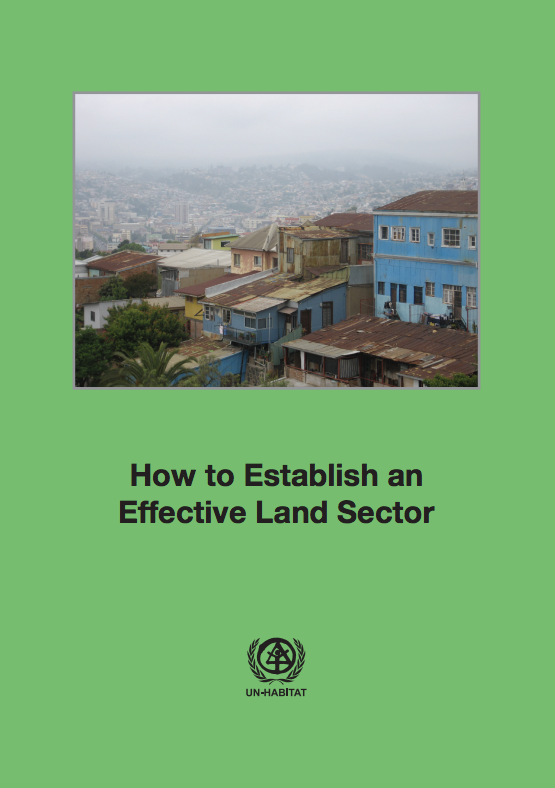Postconflict Development: Meeting New Challenges
With the proliferation of civil wars since the end of the Cold War, many developing countries now exist in a "postconflict" environment, posing enormous development challenges for the societies affected, as well as for international actors. Postconflict Development addresses these challenges in a range of vital sectors—security, justice, economic policy, education, the media, agriculture, health, and the environment in countries around the globe.





